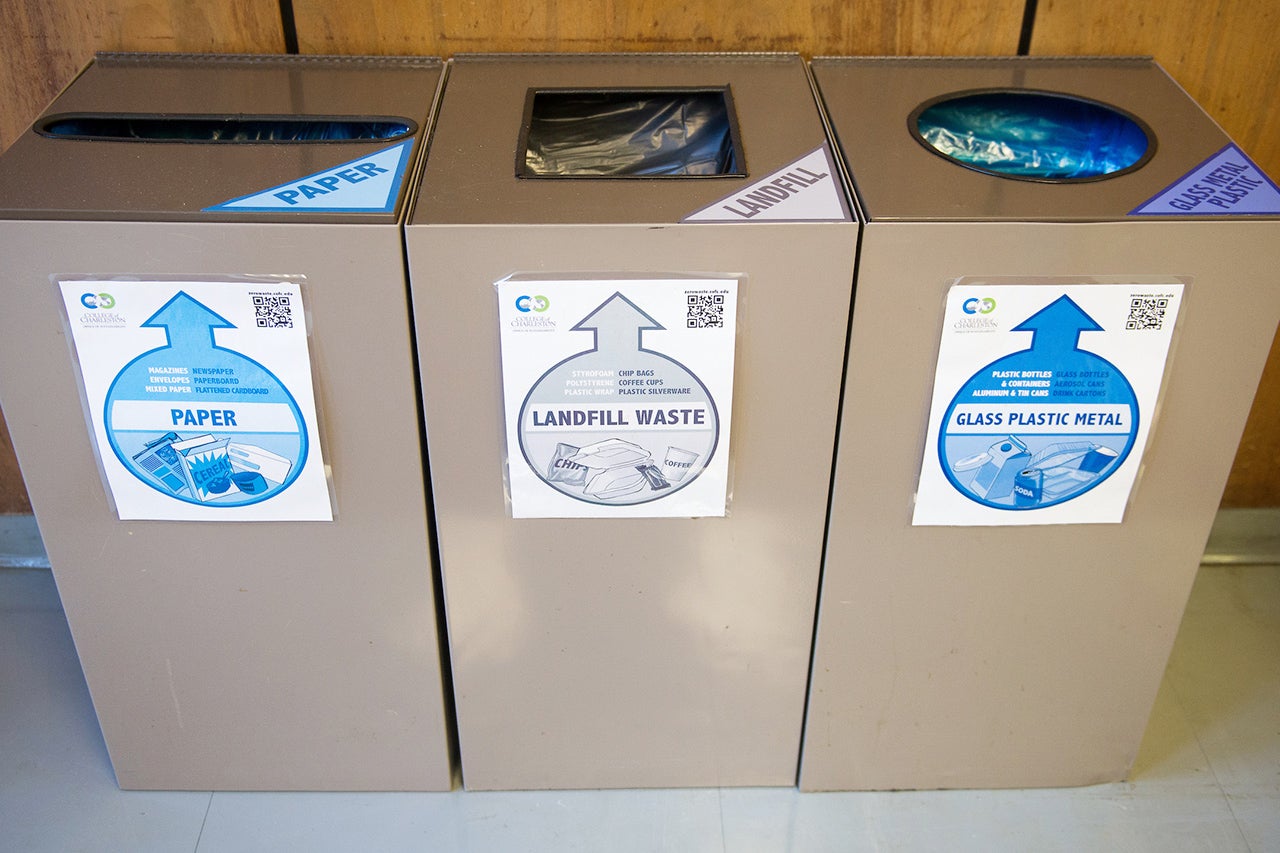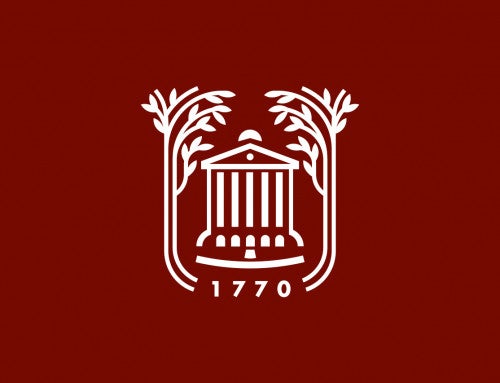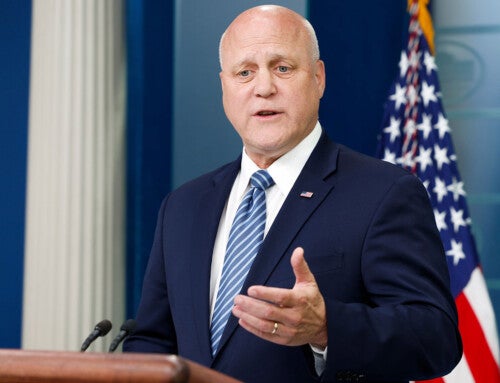For the third year in a row, the College of Charleston is included in The Princeton Review’s annual Guide to Green Colleges. This distinction is awarded to fewer than 500 colleges around the world.
Every year, the editors at The Princeton Review examine data from hundreds of four-year colleges around the globe to gauge and rank the institutions’ commitment to the environment and sustainable operations. To make their determinations, the editors consider academic offerings, campus policies, initiatives, activities and career preparation for students.
According to Brian Fisher, who directs the College’s Center for Sustainable Development, this is well-deserved recognition.
“I’m proud that the College has continued to be recognized by The Princeton Review,” says Fisher. “It is a significant acknowledgment of the work that faculty, staff and students have put into sustainability over the last decade. This distinction represents collective learning and collaborative action at its best. It acknowledges the caliber of our academic programming, our facilities management, our Zero Waste initiatives as well as our broader programs on inclusion, accessibility and social justice.
“In addition, our collective efforts earned the College a Silver rating in the AASHE STARS program (Association for the Advancement of Sustainability in Higher Education). Only five universities in South Carolina are rated Silver or Gold,” says Fisher. “That rating also puts our institution among the top 150 or so schools in the world regarding sustainability. That’s a remarkable achievement given that less than a decade ago, we had a waste diversion rate of zero percent (all our materials went to the landfill) and we had no sustainability programming.”
Also housed within the Center for Sustainable Development is the Sustainability Literacy Institute (SLI). And this year, the SLI is putting greater emphasis on sustainability through its CofC Sustain/Solves theme of climate change and global warming. A year-long series of events, initiatives, exhibits and programs are on the docket to underscore that topic and generate greater awareness and engagement by the campus community.
Learn more about the College’s Center for Sustainable Development online.




